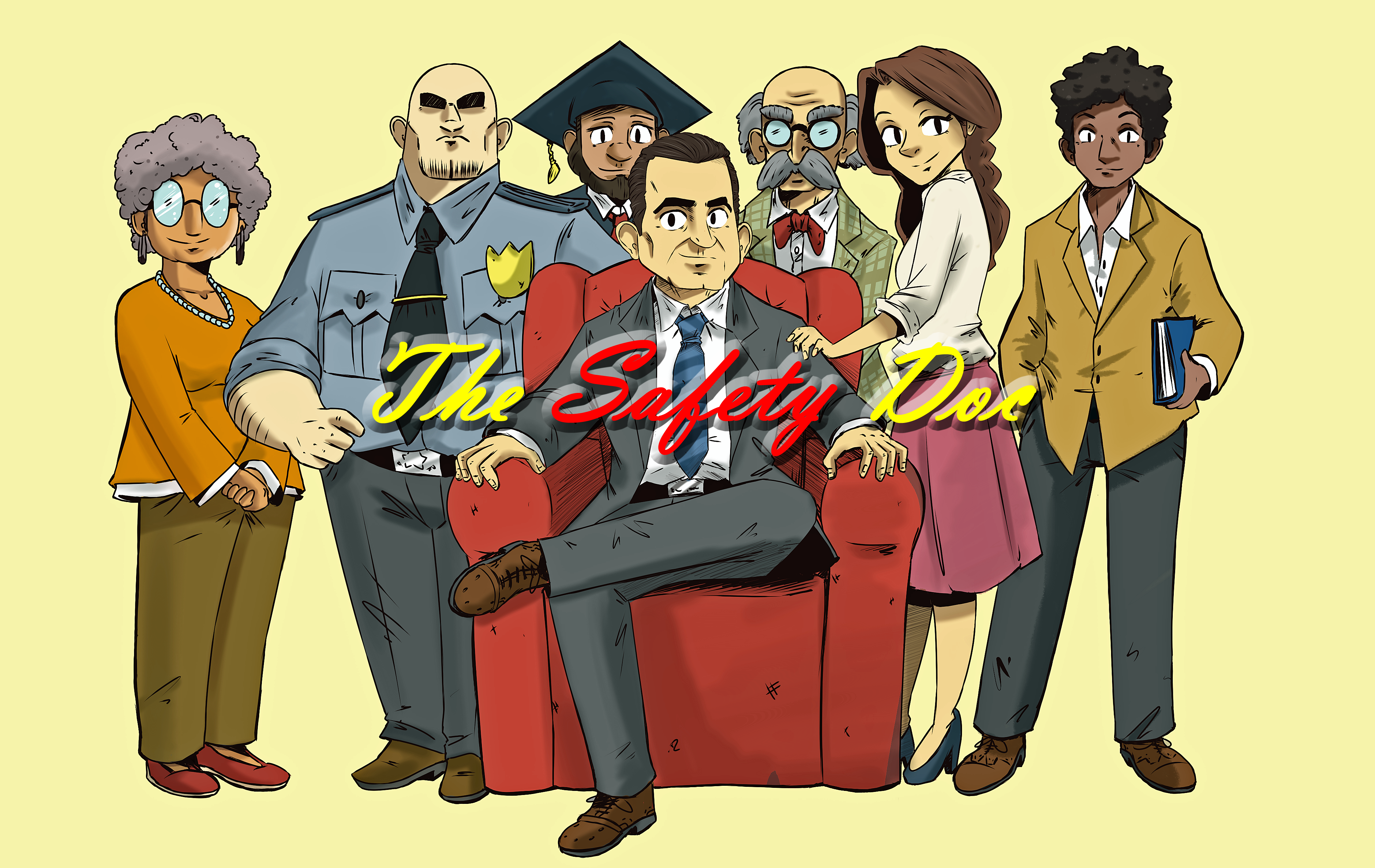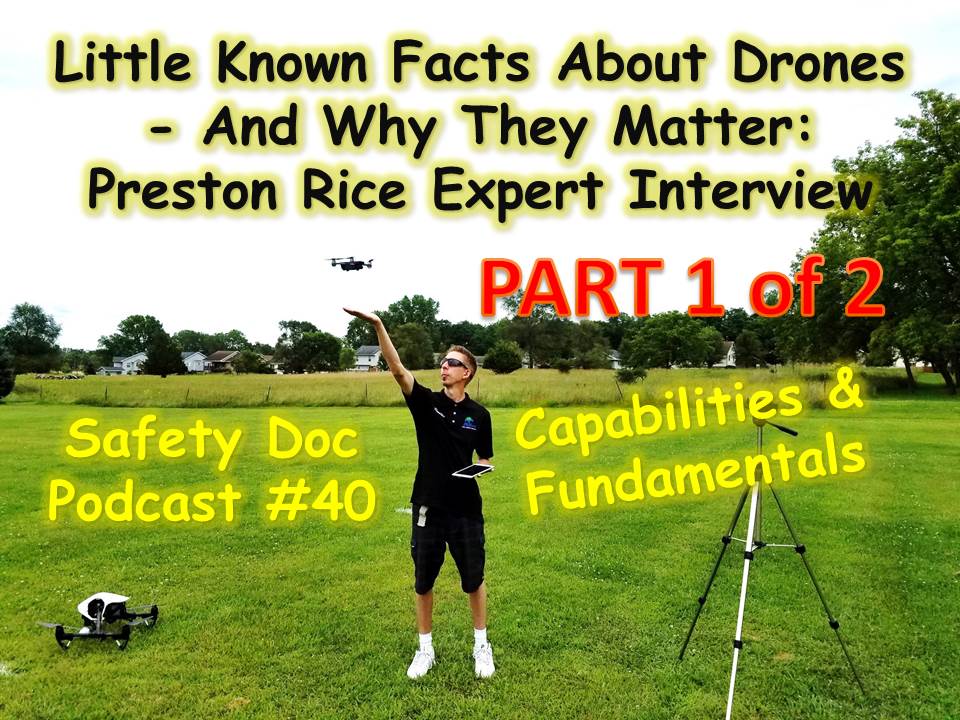Posts Tagged ‘safetyphd.com’
Economic Argument for Price Gouging in Disasters – SDP#45
PODCAST-Market-reflective prices in disasters ultimately ensure a better supply of goods. With extreme need arises a Sophie’s Choice: (1) empty shelves, or (2) hyper-expensive items. Dr. Perrodin argues that price controls are over-simplified “solutions” to short-term complicated resource acquisition issues and sides with free market supply and demand pricing during short-duration sentinel events such as…
Read MoreHashtag Hurricane Rescues Are Here to Stay – Pros & Cons – SDP#44
PODCAST-Victims of hurricanes turned to Twitter and Facebook for help as floodwater rose and winds toppled structures. A combination of government and civilian rescuers answered their calls! 2017 is the demarcation line as we are officially in the social media age of natural disaster response. Dr. Perrodin explains how this new era has introduced both…
Read MoreHouston Dunkirk, Cajun Navy & Fixing FEMA – SDP#43
An abysmal government response to Hurricane Harvey exposed inadequate planning, lack of resources and confusing attempts at invoking incident command that iced potential responders such as commercial drone operators. Rescue efforts defaulted to heroic, overwhelmed local crews bolstered by the truly remarkable “Cajun Navy”. In substantial form, social media played a key role for those attempting to contact responders. This show describes the nuances of the Hurricane Harvey landfall and offers precise protocols to improve future responses to natural disasters.
Read MoreMy Tense Trip To The Dark Web – Risks & Rewards of TOR – SDP#42
“The dark web—which utilizes a technology created by military researchers in the 1990s to allow intelligence operatives to exchange information completely anonymously—is unknown to many. It’s been said to be a breeding ground for organized crime, sex traffickers, and hackers. But it’s also used by good actors, including whistle-blowers and activists.”
Read MorePART 1: Little Known Facts About Drones – Preston Rice Expert Interview – SDP#40
The FAA controls the airspace above your lawn! However, the question of who owns the skies remains murky at local government levels. Rules & regulations for operating a drone differ greatly between a hobbyist and commercial operator. Drones, some smaller than a human hand, are used in many industries and show great promise for positive contributions to search & rescue and crisis response. Dr. Perrodin and Madison Area Drone Service Owner Operator Preston discuss the amazing capabilities and influences of drones from the television shows we watch to monitoring growth of hundreds of acres of crops. By the way, eagles have been trained to pluck nefarious drones from the skies! That, and much more, in this part of one of two series in which you will learn how drones are a tremendous benefit across society – and just wait for positive impacts of drones in the future!
Read MoreSurviving the Dangerous Interface of Probability and Prioritization – SDP#38
Probability works well in determining long-term behavior, but it doesn’t work well for predicting outcomes in the short term. Probability is key to safety and decision-making. Dr. Perrodin talks about one of the most common mistakes people make with probability and how to avoid it.
Read MoreWhy We Can’t Compare Disasters: WTC, Murrah, Katrina & More – SDP#37
There are several reasons why each disaster should be studied as an individual unit. By isolating communications and geography specific to time, context and situation, Dr. Perrodin demonstrates the inherent problems with comparing disasters. He also notes the incredible impact of “lived experiences” and longitudinal demographic factors that contributed to the improbable rescue of 500,000 people in only 9 hours from Lower Manhattan on 9/11/01.
Read MoreSophie’s Choice, Moral Dilemmas & 9/11 Research Design Issues – SDP#36
Moral dilemmas center ethical choices in rescue operations in which the grueling decision is between, at times, equally-deserving alternatives. Dr. Perrodin also critiques a safety response article comparing the actions of rescuers present at the Murrah Building and rescuers present at the World Trade Center – noting such comparisons hold great challenges to distilling information that can be generalized to other settings.
Read More“Societies Sinister Similarity” – A Conversation with David & Elijah – SDP#35
Would religion have a purpose if there was no human death? Is there a point when a perpetual Ground Hog Day would siphon one’s sense of control over being & environment, hence eroding agency & purpose?
Read MoreOne Question Predicted Emotional Breakdown Better Than Any Other – SDP#34
A WWII field psychiatrist found that infantry soldiers in the 5th Army survived a maximum of 238 aggregate combat days (ACD) before a fate of (1) physical casualty, (2) prisoner of war, or (3) psychiatric casualty. For the first time, it was realized that every soldier had a “finite voltage” and sooner or later would break – even if they appeared to have held up magnificently under incredible stress. This understanding demarked a sharp change in thinking that previously held that soldiers that “broke” under pressure did so only due to some psychological flaw.
Read More


